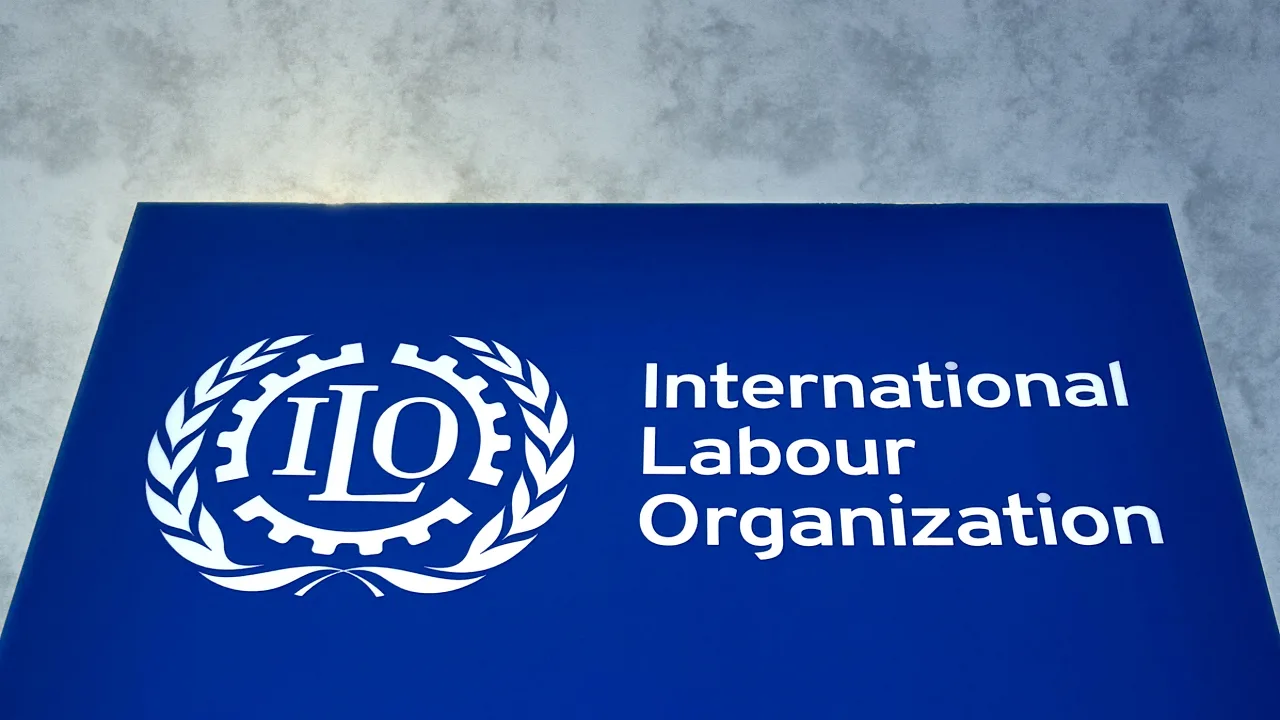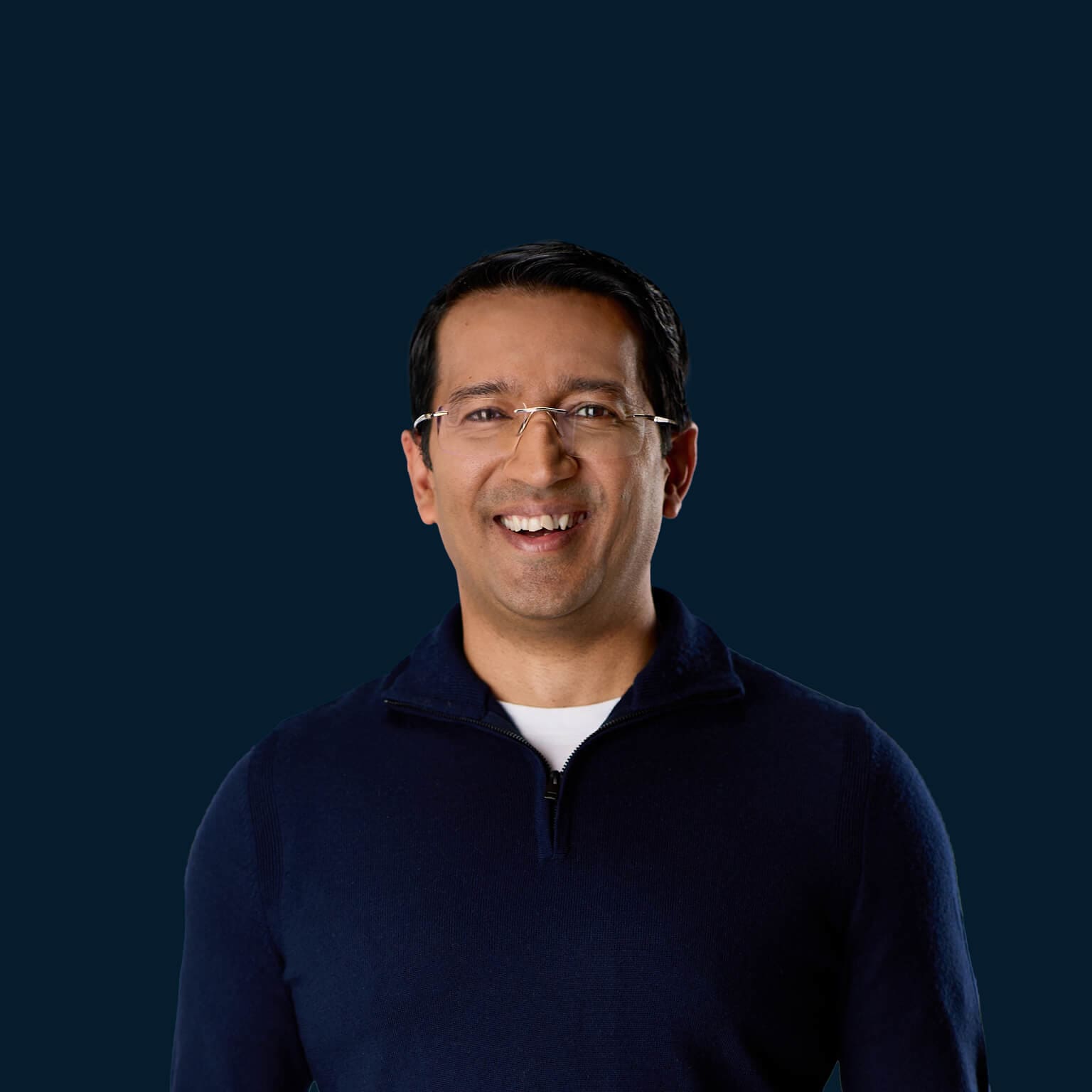Why your workplace needs more “Gracious Professionalism”
When most people think about innovation, they imagine sprints, whiteboards, late nights, and the relentless pace of deadlines. What’s often missing from this image are genuine acts of kindness and empathy—but perhaps they should be at the center. As the leader of FIRST (For Inspiration and Recognition of Science and Technology), a global youth STEM education community, I’ve seen firsthand the power of Gracious Professionalism. This ethos is about more than producing quality work: It’s about valuing others—teammates, competitors, and the broader community—and showing respect at every turn. Gracious Professionalism empowers everyone, regardless of role or tenure, to lift others up and help create a culture rooted in acceptance and shared success. While the term may sound gentle for the high-stakes world of science and technology, its influence is anything but passive. Gracious Professionalism demonstrates that even in a competitive corporate landscape, it is possible—and powerful—to lead with trust, respect, and a spirit of cooperation. Companies that embrace this mindset can gain a real edge in innovation, talent recruitment, and long-term success. The origin of Gracious Professionalism Gracious Professionalism was the vision of the late and much beloved Pappalardo Professor Emeritus of Mechanical Engineering at MIT, Woodie Flowers, PhD. He was also a distinguished advisor to FIRST and longtime collaborator and friend of Dean Kamen, FIRST’s founder and a lifelong inventor. Woodie believed deeply in the power of blending competition with kindness. His philosophy emphasizes striving for excellence while valuing others and treating everyone—teammates, competitors, and community members—with respect. Today, Woodie’s legacy lives on through millions of FIRST participants and alumni. The mindset appears in small but powerful moments within our competitive youth robotics events, like when a team lends an opponent a spare part for a malfunctioning robot, or when a student pauses to encourage a teammate who is experiencing self-doubt. These everyday acts of support and empathy keep Woodie’s profound vision very much alive. From robotics to the real world As demand grows for “durable skills” like collaboration, resilience, and ethical leadership, Gracious Professionalism is more relevant than ever in the workplace. Ruhi Lankalapalli first encountered Gracious Professionalism as a FIRST participant. Today, as a manufacturing engineer at Medtronic, she credits this ethos with shaping her approach to work and leadership. “Gracious Professionalism has shaped how I work and lead—it has helped me build trust quickly, collaborate effectively, and stay focused on long-term success. I’ve taken on many projects, spanning several teams at Medtronic, and maintaining the values of Gracious Professionalism has been crucial to building strong partnerships and finding common ground,” she said. “When I stepped into my current role in Medtronic, I was invited to join a major project within just two months. Though I was new to the position, I stood out because of how I collaborated with the team and embraced new challenges, which set me apart through the ways I support others and contribute to a stronger team culture.” It shapes corporate culture The impact of Gracious Professionalism extends beyond individual growth. It builds organizational cultures rooted in trust, teamwork, continuous learning, and ethical decision making. The result? Greater innovation, stronger employee engagement, and long-term business success. Qualcomm, the global wireless technology company, is a longtime supporter of FIRST and has hired many program alumni who practice Gracious Professionalism in their everyday roles. “Our employees who grew up participating in FIRST are known within Qualcomm for their ability to handle challenges with a positive attitude and a collaborative approach,” said Angela Baker, vice president, corporate responsibility, and chief sustainability officer at Qualcomm. “Their ability to balance competition with respect and kindness is consistent with our value of “winning together.” Their dedication to continuous improvement accelerates their own career growth while also contributing to our company’s long-term innovation pipeline and their work ethic helps us deliver results.” The impact of Gracious Professionalism Gracious Professionalism is not just about being kind: It is a strategic advantage. Employees who practice this ethos develop essential skills like collaboration, empathy, and creative problem-solving, making them invaluable contributors and culture-builders. In a world where agility and integrity are essential for businesses’ success, Gracious Professionalism proves that the most powerful path forward is one built on respect, excellence, and a collective drive to grow—together. Chris Moore is CEO of FIRST.

When most people think about innovation, they imagine sprints, whiteboards, late nights, and the relentless pace of deadlines. What’s often missing from this image are genuine acts of kindness and empathy—but perhaps they should be at the center.
As the leader of FIRST (For Inspiration and Recognition of Science and Technology), a global youth STEM education community, I’ve seen firsthand the power of Gracious Professionalism. This ethos is about more than producing quality work: It’s about valuing others—teammates, competitors, and the broader community—and showing respect at every turn. Gracious Professionalism empowers everyone, regardless of role or tenure, to lift others up and help create a culture rooted in acceptance and shared success.
While the term may sound gentle for the high-stakes world of science and technology, its influence is anything but passive. Gracious Professionalism demonstrates that even in a competitive corporate landscape, it is possible—and powerful—to lead with trust, respect, and a spirit of cooperation. Companies that embrace this mindset can gain a real edge in innovation, talent recruitment, and long-term success.
The origin of Gracious Professionalism
Gracious Professionalism was the vision of the late and much beloved Pappalardo Professor Emeritus of Mechanical Engineering at MIT, Woodie Flowers, PhD. He was also a distinguished advisor to FIRST and longtime collaborator and friend of Dean Kamen, FIRST’s founder and a lifelong inventor. Woodie believed deeply in the power of blending competition with kindness. His philosophy emphasizes striving for excellence while valuing others and treating everyone—teammates, competitors, and community members—with respect.
Today, Woodie’s legacy lives on through millions of FIRST participants and alumni. The mindset appears in small but powerful moments within our competitive youth robotics events, like when a team lends an opponent a spare part for a malfunctioning robot, or when a student pauses to encourage a teammate who is experiencing self-doubt. These everyday acts of support and empathy keep Woodie’s profound vision very much alive.
From robotics to the real world
As demand grows for “durable skills” like collaboration, resilience, and ethical leadership, Gracious Professionalism is more relevant than ever in the workplace.
Ruhi Lankalapalli first encountered Gracious Professionalism as a FIRST participant. Today, as a manufacturing engineer at Medtronic, she credits this ethos with shaping her approach to work and leadership.
“Gracious Professionalism has shaped how I work and lead—it has helped me build trust quickly, collaborate effectively, and stay focused on long-term success. I’ve taken on many projects, spanning several teams at Medtronic, and maintaining the values of Gracious Professionalism has been crucial to building strong partnerships and finding common ground,” she said. “When I stepped into my current role in Medtronic, I was invited to join a major project within just two months. Though I was new to the position, I stood out because of how I collaborated with the team and embraced new challenges, which set me apart through the ways I support others and contribute to a stronger team culture.”
It shapes corporate culture
The impact of Gracious Professionalism extends beyond individual growth. It builds organizational cultures rooted in trust, teamwork, continuous learning, and ethical decision making. The result? Greater innovation, stronger employee engagement, and long-term business success.
Qualcomm, the global wireless technology company, is a longtime supporter of FIRST and has hired many program alumni who practice Gracious Professionalism in their everyday roles.
“Our employees who grew up participating in FIRST are known within Qualcomm for their ability to handle challenges with a positive attitude and a collaborative approach,” said Angela Baker, vice president, corporate responsibility, and chief sustainability officer at Qualcomm. “Their ability to balance competition with respect and kindness is consistent with our value of “winning together.” Their dedication to continuous improvement accelerates their own career growth while also contributing to our company’s long-term innovation pipeline and their work ethic helps us deliver results.”
The impact of Gracious Professionalism
Gracious Professionalism is not just about being kind: It is a strategic advantage. Employees who practice this ethos develop essential skills like collaboration, empathy, and creative problem-solving, making them invaluable contributors and culture-builders. In a world where agility and integrity are essential for businesses’ success, Gracious Professionalism proves that the most powerful path forward is one built on respect, excellence, and a collective drive to grow—together.
Chris Moore is CEO of FIRST.




























































































































































